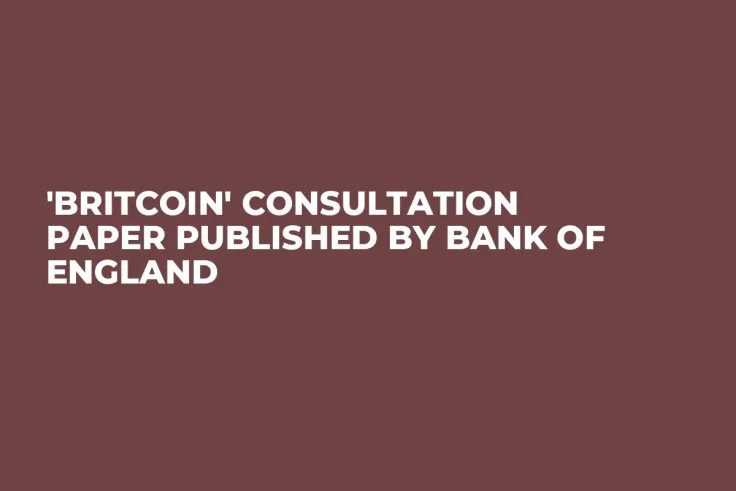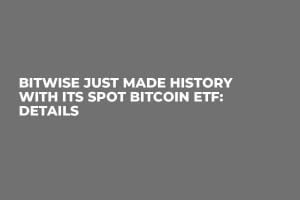
The Bank of England recently published a consultation paper on the development of a digital pound, colloquially termed "Britcoin."
This comprehensive document outlines the proposed design, potential benefits and challenges of introducing a digital pound in the U.K.
The paper marks a critical step in the lengthy process of determining whether to officially introduce a digital version of the pound sterling, with a decision expected around the middle of the decade.
Summary of respondents’ views
The paper reveals a range of opinions from various stakeholders regarding the introduction of a digital pound. Many respondents stressed its potential to enhance financial inclusion, especially if accompanied by improvements in digital literacy and accessibility.
Key design features to foster inclusivity were suggested, such as offline capabilities, tiered access and in-person assistance for certain user groups.
However, concerns were raised over the impact on vulnerable populations like the elderly and those with disabilities, emphasizing the need for careful consideration of their specific challenges in the digital landscape.
Despite these concerns, there was a consensus on the importance of maintaining access to cash alongside the digital pound.
Approach to digital pound
According to the consultation paper, privacy and data protection are central to the design of the digital pound. It commits to ensuring that the digital pound would at least be as private as current digital payment methods.
Importantly, neither the Bank of England nor the government would have access to users' personal data, addressing potential concerns about surveillance and control.
The paper outlines that while the digital pound would not offer anonymity, due to the necessity of enforcing against financial crimes, personal data would primarily be managed by Payment Interface Providers (PIPs), with strict adherence to data protection laws.
This approach is designed to balance the need for security and privacy, while offering a modern payment solution that complements existing methods like cash and bank deposits.

 Vladislav Sopov
Vladislav Sopov Dan Burgin
Dan Burgin